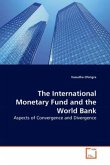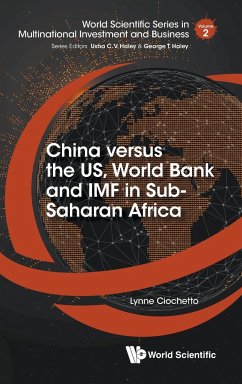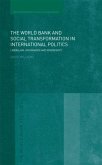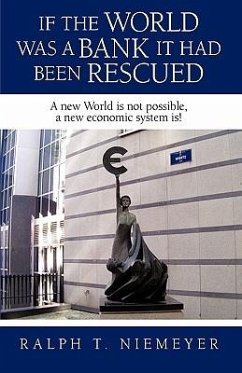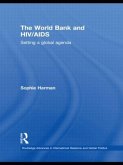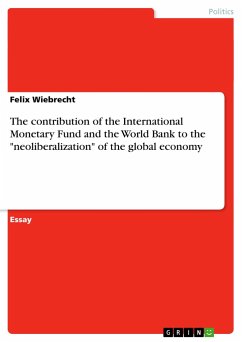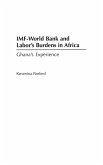Deep, large scale poverty in Africa persists, even though the continent receives many billions of dollars of aid. How is this possible? In 2000 the Meltzer commission concluded that Africa's leading financier, the World Bank, has been irrelevant to its mission of global poverty alleviation. If the Bank does not reduce poverty, than what is it for? To answer these questions, this book contains an in-depth analysis of the World Bank's history, practices and discourses. It evaluates how well different theories of International Relations explain the World Bank's existence and actions. Carefully describing the power-political reasons behind the rise and evolution of the Bank, it identifies which actors openly or quietly influence it. Building upon Gramsci's theory of hegemony, it shows the Bank's principal mission is to protect the fundamental division of power and wealth. The World Bank's portrayal of Africa is an important tool in this. As the Bank's ideological powers might even belarger than its economic might, this work is not only relevant for International Relations students, but for anyone who wants to know how public opinion on global redistribution is influenced.
Bitte wählen Sie Ihr Anliegen aus.
Rechnungen
Retourenschein anfordern
Bestellstatus
Storno


